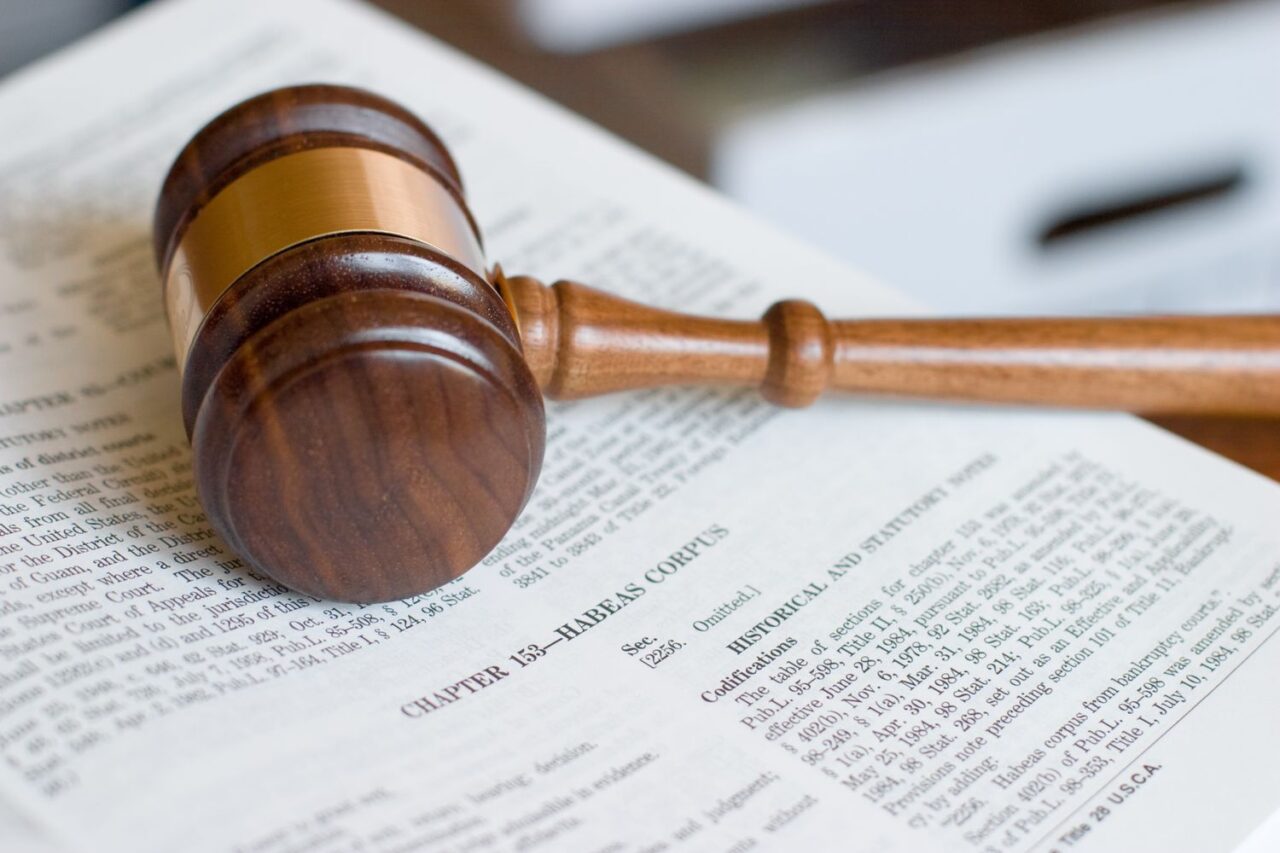INTRODUCTION
The High Court of Bombay: passed a judgement on 06 June 2023. In the case of NIKHIL UTTAM UNDRE Vs STATE OF MAHARASHTRA AND OTHERS THE SECRETARY AND ORS IN WRIT PETITION NO. 12614 OF 2022 which was passed by a single bench comprising of HONOURABLE SHRI JUSTICE N. J. JAMADAR, a village panchayat member from Manjri (Khurd), Tal. Haveli, District Pune found himself facing disqualification under section 14(1)(j-3) of the Maharashtra Village Panchayats Act, 1959. The disqualification was imposed based on allegations of encroachment on government land. The legality, propriety, and correctness of the disqualification were challenged through a writ petition under Article 227 of the Constitution of India. This blog post aims to provide an overview and analysis of the key arguments presented by the parties involved in the case, along with relevant case laws.
FACTS
The petitioner, who had been elected as a member of the village panchayat in 2001, was accused of encroaching on Gaothan land belonging to the village panchayat. The dispute application was filed by a respondent, alleging that the petitioner and his family members had committed unauthorized construction and encroachment. The District Collector initially dismissed the application, stating that the complainant had failed to prove the encroachment. However, on appeal, the Additional Divisional Commissioner overturned the decision, holding that the petitioner had indeed incurred disqualification.
ARGUMENTS PRESENTED
The petitioner’s counsel argued that the Additional Divisional Commissioner erred in relying on documents not presented before the District Collector. They contended that there was no substantial evidence to support the finding that the property in question was government-owned Gaothan land. The counsel emphasized that democratic principles should not be undermined by unseating a democratically elected member based on mere conjectures.
Another crucial point raised by the petitioner’s counsel was that the Additional Divisional Commissioner disregarded the petitioner’s claim of residing separately from his father and grandfather, which was evidenced by a separate ration card. They highlighted a factual error in the determination of when the petitioner’s name was removed from the original ration card.
On the other side, the counsel for the respondent supporting the disqualification argued that the entries in the Inquiry Register clearly established that the petitioner’s house was located on Gaothan land. They contended that in the absence of individual proprietary title documents, all lands automatically vested in the State Government. They further relied on the Supreme Court’s decision in Janabai vs. Additional Commissioner and Others (2006) 3 SCC 542, which supported the disqualification based on encroachment.
LEGAL ANALYSIS
Section 14(1)(j-3) of the Maharashtra Village Panchayats Act, 1959, provides the grounds for disqualification of a village panchayat member. It states that a person shall be disqualified if they commit encroachment on government land or public property. This provision aims to prevent conflicts of interest and ensure that those responsible for acting against encroachments do not themselves engage in such acts. The term “person” has been interpreted to include legal representatives and family members of the person whose qualification is in question.
The Division Bench of the High Court, in the case of Devidas s/o. Matiramji Surwade vs. Additional Commissioner, Amaravati (2003) 2 Mh.L.J. 318, held that disqualification extends to legal heirs, agents, assignees, or transferees of the person who committed the encroachment. The Supreme Court later affirmed this interpretation in the Janabai case.
CONCLUSION
In this case, the disqualification of the petitioner as a village panchayat member based on allegations of encroachment on government land has been challenged through a writ petition. The arguments put forth by both parties revolve around the sufficiency of evidence and the interpretation of relevant legal provisions. It remains to be seen how the Court will weigh the evidence and apply the law to arrive at a just decision.
“PRIME LEGAL is a full-service law firm that has won a National Award and has more than 20 years of experience in an array of sectors and practice areas. Prime legal fall into a category of best law firm, best lawyer, best family lawyer, best divorce lawyer, best divorce law firm, best criminal lawyer, best criminal law firm, best consumer lawyer, best civil lawyer.”
JUDGEMENT REVIEWED BY VETHIKA D PORWAL, BMS COLLEGE OF LAW


